In the era of data explosion, extracting information from data has to be the job of the era, no choice at all in that matter. Using data science organizations study the data available for valuable information about market patterns which in turn will help the business have an edge over the competitors. Learn Digital Academy is one of the most trusted as well as a reputed institution that provides the Best Machine Learning Course.
Data Science deals with data collection, cleaning, analysis, visualization, model creation, model validation, prediction, designing experiments, hypothesis testing, and much more. It is used extensively by companies like Amazon, Netflix, the healthcare sector, in the fraud detection sector, internet search, airlines, etc.
On the other hand, machine learning gives computers the ability to learn from data without explicitly programming. This comes in handy in the process of data science as in data science one needs to extract information from data.


Anyone with a desire to learn

100 hours

Jain University
Defining Data Science and what Data Scientists do, Data Science and skills required, what is Big Data and how is it connected to Data Science, what is Machine Learning.
Business understanding, data acquisition and understanding, modelling, deployment
Supervised Machine Learning, Unsupervised Machine Learning, Regression Analysis, Classification, Clustering, Deep Learning vs Machine Learning, Artificial Intelligence, Natural Language Processing, Time Series Analysis, Reinforcement Learning
Types of data, Data Summarization, Measures of Central Tendencies, Measures of Central Dispersion, Data Visualization, Correlation Matrix
Probability Distributions, Normal Distribution, Standard Normal Distribution ( Z Distribution), F-Distribution, Chi-Square Distribution, Binomial Distribution, Poisson Distribution, QQ Plot
Population and Samples, Sampling methods, Sampling Bias, Sampling Error, Central Limit Theorem, Confidence Interval
Hypothesis Testing, Null and Alternate Hypothesis, Type 1 and Type 2 Errors, P Value, Level of Significance, Parametric Tests, Non-Parametric Tests.
Vectors, Line, Linear Equations, Planes, Matrix, Matrix Operations, Eigenvalue’s, Eigen Vectors, PCA, Singular Vector Decomposition
Simple Linear Regression, Bias Variance Trade-off, Overfitting and Underfitting, Generalization Error and Regularization, Multiple Linear Regression, Hyperparameter Tuning, Cross Validation, Model Evaluation, Accuracy, RMSE, Lasso, Ridge and Polynomial Regression, Case Study
Binary Classification, Multiclass Classification, Logistic Regression, Decision Tree, Naïve-Bayes, Support Vector Machine (SVM), K-Nearest Neighbour(KNN), Neural Network, Case study
Model Performance Assessment, Confusion Matrix, Precision, Recall, F1-Measure, ROC Curve
Random Forest, Bagging, Gradient Boosting, AdaBoost, XGBoost, Case Study
K-Means Clustering, Hierarchical Clustering, Clustering Validation Statistics, Dimensionality Reduction with Principal Component Analysis(PCA), Association Rule, Case Study
Processing Text, Removing Special Characters, Tokenization, Stemming, Lemmatization, Removing Stopwords, POS Tagging, N-Grams, Shallow Parsing, Text Representation, Building a Text Corpus, Bag of Words Model, Bag of N-Grams Model, TF-IDF Model, Topic Models, Latent Semantic Analysis(LSA), Linear discriminant analysis (LDA)
Time Series Data, Autoregressive Models, Autocorrelation, Moving average smoothing, Autoregressive Moving Average (ARMA), Time Series Components, Decomposition
Perceptron, Gradient descent, Cost functions, Backpropagation, Weight Initialization, Activation functions, TensorFlow, Keras, Sequential Models, Functional APIs, Convolutional Neural Networks, Recurrent Neural Networks.
How Agents Use and Update Their Strategy, Discrete or Continuous Actions, Optimization Methods, Policy Evaluation and Improvement, Reward Engineering, Multi-Arm Bandit Testing, Markov Decision Processes, Policies and Value Functions, Q-Learning, n-Step Algorithms.
Collaborative filtering, Content-based systems, Knowledge-based recommenders, Evaluation
This expansive learning path will help you excel across the entire data science technologies and techniques.
Mastering the field of data science begins with understanding and working with the core technology used for analyzing.
Once master data management and predictive analytic techniques, you will gain exposure to state-of-the-art machine learning technologies.
You’ll be expertise in complex data science algorithms and their implementation using Python.

· According to Gartner, by the end of 2024, 75% of enterprises will shift from piloting to operationalizing AI, driving a 5X increase in streaming data and analytics infrastructures.
· Within the current pandemic context, AI techniques such as machine learning (ML), optimization and natural language processing (NLP) are providing vital insights and predictions about the spread of the virus and the effectiveness and impact of countermeasures.
· AI techniques such as reinforcement learning and distributed learning are creating more adaptable and flexible systems to handle complex business situations.
· By 2023, more than 33% of large organizations will have analysts practicing decision intelligence, including decision modelling.
· Augmented data management uses ML and AI techniques to optimize and improve operations. It also converts metadata from being used in auditing, lineage and reporting to powering dynamic systems.
· Blockchain technologies address two challenges in data and analytics. First, Blockchain provides the full lineage of assets and transactions. Second, Blockchain provides transparency for complex networks of participants.

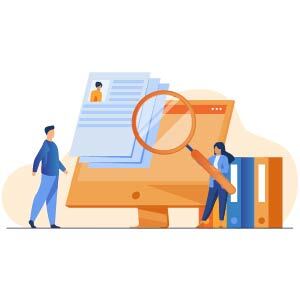
This Data Science course is best for individuals who are looking to transform their careers. People who have the passion to use the data, analyze, visualize, and use it for the betterment of the Business and society.For those mathematics enthusiasts, who can apply math’s in real life and solve complex business challenges.
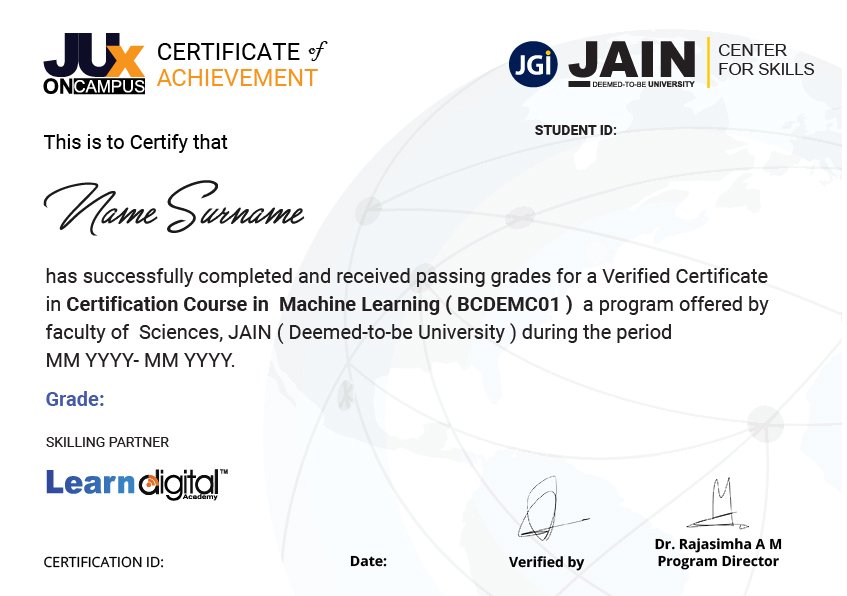
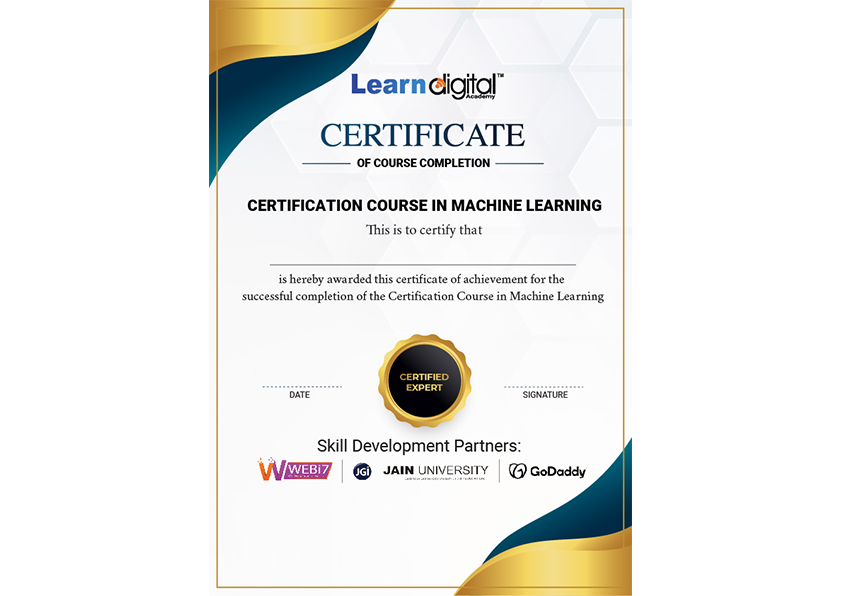
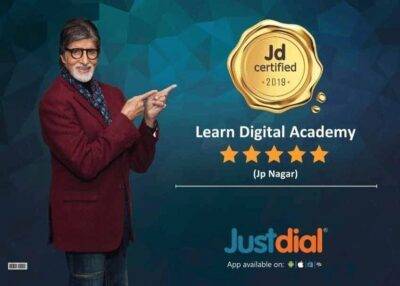

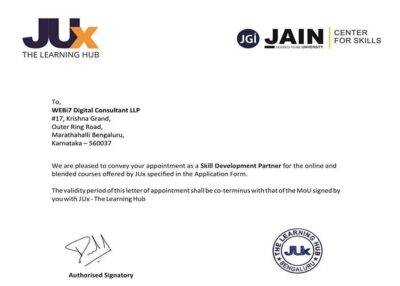
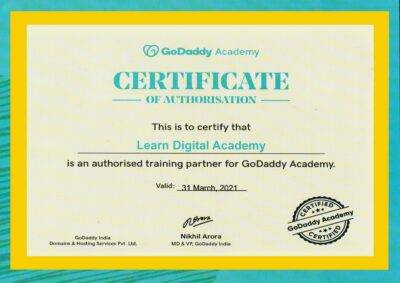

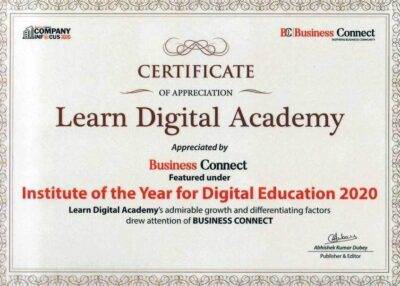



· This course is designed for candidates who are already into data science but need to refresh or extend their knowledge. A workshop on python libraries NumPy, Pandas and Seaborn can be availed additional if you lack knowledge of these libraries. If you are fresh to Python, Master’s in Data Science course is advised.
Data Science is a versatile field that has found applications in every industry, including healthcare, banking, e-commerce, business, and consultancy services.While Data analyst,Data scientist, and data engineer broadly describe the different roles data experts can play at a company.
The most important trait among data scientists aren’t technical degrees, or the amount of time spent in school. It’s the curiosity that pulls them to hard problems and pulls out solutions and new insights from old datasets. You can get into data science from a non-technical background and do the same thing.
Of course! While studying a course with Learn Digital Academy, you’re assigned a dedicated Program Mentor who not only supports you academically, but also guides you on the most suitable career path. Throughout the course, your Program Mentor will encourage you to finish projects, engage in classes and get the most out of this Course
A degree holder from science/commerce background who is willing to upgrade and shape up their career in the field of Data Science can take up the course.
In Simple words Data Science is all about getting meaningful information from large amount of complex data. it is basically an extension of various data analysis fields such as data mining, predictive analysis and many more.
Of course! While studying a course with Learn Digital Academy, you’re assigned a dedicated Program Mentor who not only supports you academically, but also guides you on the most suitable career path. Throughout the course, your Program Mentor will encourage you to finish projects, engage in classes and get the most out of this Course
Data science can add value to any business who can use their data well. From statistics and insights across workflows and hiring new candidates, to helping senior staff make better-informed decisions,data science is valuable to any company in any industry.
Classes will be both Online /Offline, Weekday/Weekends as per your Convenience and Comfort.
Always there will be a backup class for every class.
Yes, we Provide TOP Interview Questions and Answers which are frequently asked in interviews, Latest tips and tricks to clear your technical rounds.
Candidate must have at least 80% attendance for each module and should have knowledge of all the modules that has been taught.
Copyrights © 2021 Learn Digital Academy. All Rights Reserved. Powered By Webi7
Copyrights © 2021 Learn Digital Academy.
All Rights Reserved. Powered By Webi7
